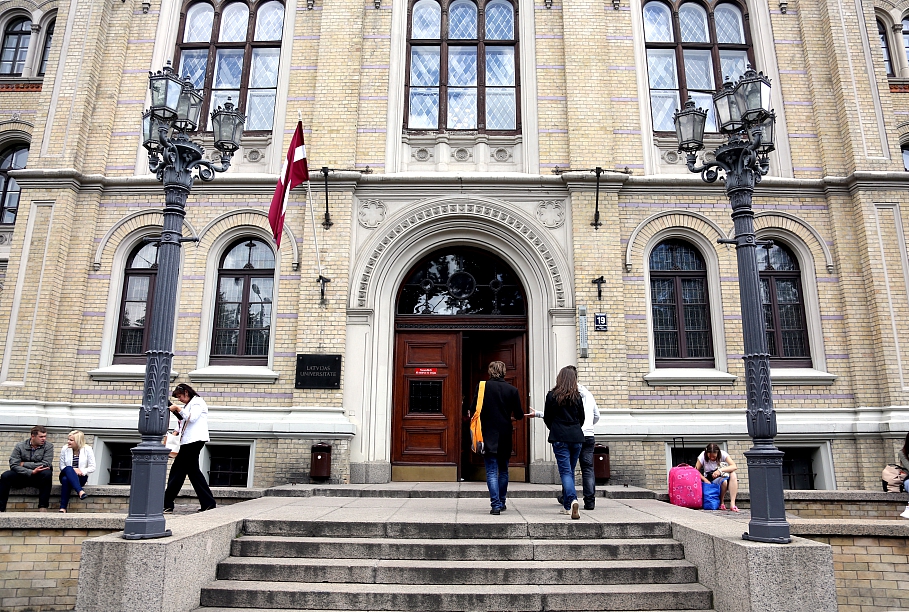"Studies in natural sciences, engineering, and medicine are large investments into one's self, [and] require quite a lot of time and effort. And it seems that the uncertainty of life and the lack of a long-term perspective makes many opt for studies that allow, in two or three years, to enter the labor market and earn money and to look for further challenges in life," said the head of the AIP.
Thus long, complex and taxing studies in Latvia aren't as popular and important as in the comparatively more stable Western European societies where such studies are chosen by a proportionally larger number of students.
However, some of the blame lies in the small size of Latvia's labor market: "We don't have as many companies where all the graduates could find a job," said Vētra.
Vētra also said there's increasingly fierce competition for students between the universities, as some universities are opening specialized high schools where students can prepare for their studies in the target university.
The Council of Higher Education is an independent institution that develops the national strategy of higher education. It implements the cooperation between higher educational establishments state institutions and the general public in the development of higher education and oversees the quality of higher education.




























